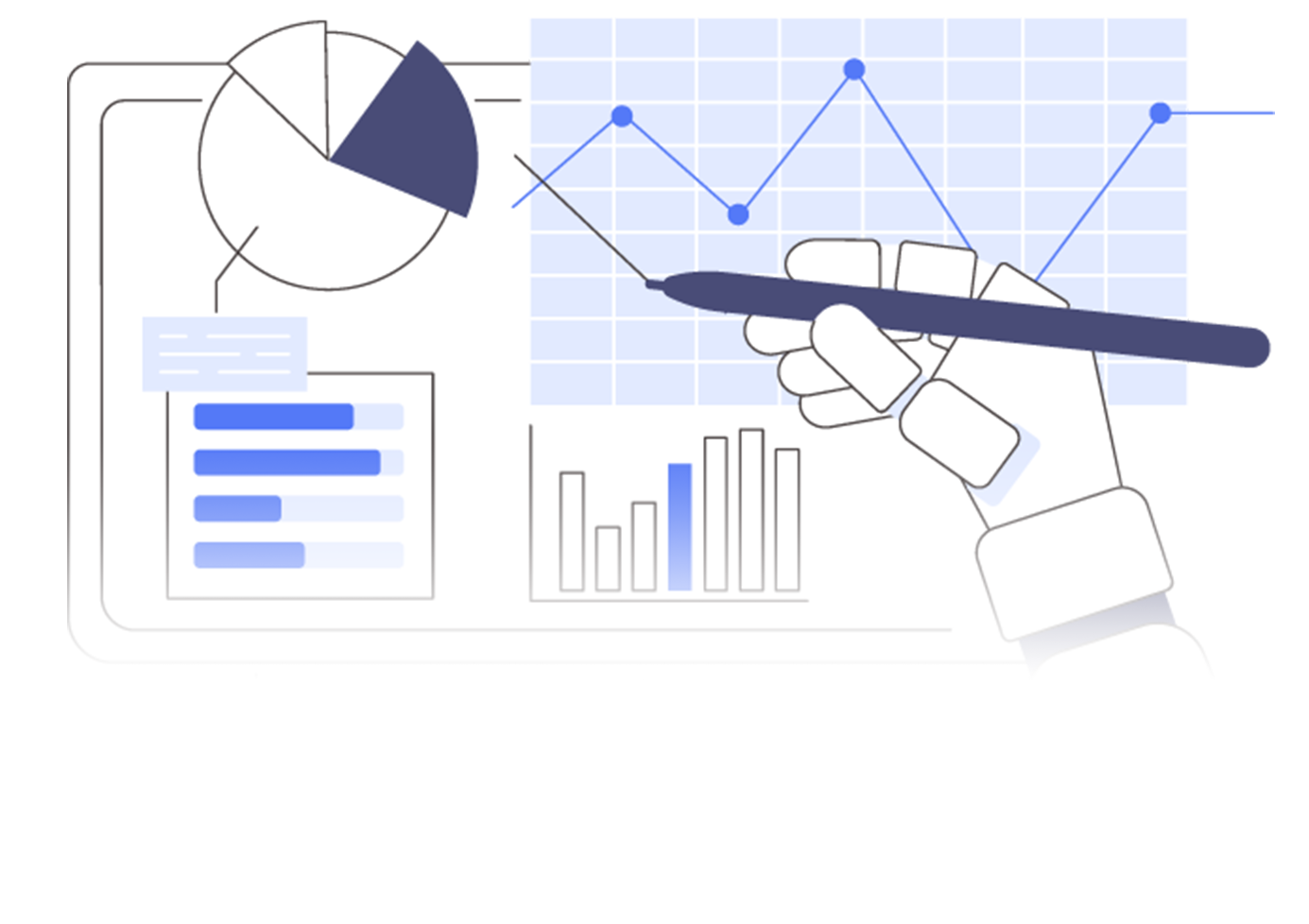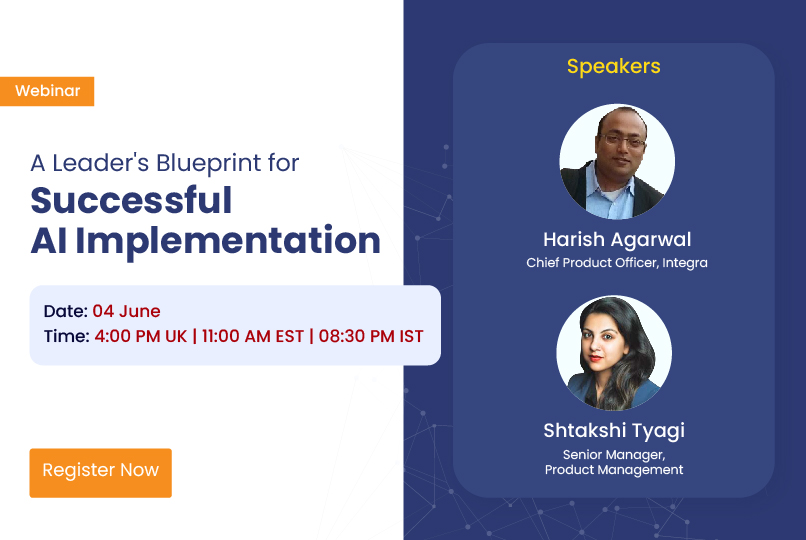Author: Nikhil. Mahamuni
How AI is Transforming Business Planning and Forecasting
In today’s fast-paced digital landscape, the publishing industry is undergoing a rapid digital transformation fueled by the remarkable capabilities of Artificial Intelligence (AI). AI has emerged as a game-changer, revolutionizing business planning and forecasting in the publishing sector. Although not an exponential change, AI is changing the publishing industry, taking one progressive step a day. Today, digital publishers are empowered to make data-driven decisions, enhance market analysis, refine audience segmentation, and accurately predict revenue forecasts with the ease of AI. Check out this survey that reveals how publishers anticipated AI usage for different tasks in the newsroom! In this blog we will explore how AI is reshaping the publishing industry and propelling it into a future of growth and innovation.
Understanding Audience with AI
The advent of AI brings with it unprecedented capabilities to decipher and comprehend audience preferences and behaviors.
By leveraging AI-powered tools, publishers can tap into vast reservoirs of data derived from social media, online platforms, and purchasing patterns to garner invaluable insights which enable publishers to gain a deep understanding of their target audience, facilitating the creation of tailored content and the delivery of personalized experiences.
By harnessing the capabilities of sentiment analysis, publishers can gauge reader reception, gaining invaluable insights into how their content is perceived by the audience. On the other hand, predictive analytics empowers publishers to anticipate emerging trends, enabling them to stay ahead of the curve and make well-informed decisions for future content and marketing strategies. These tools are revolutionizing the publishing landscape, allowing for more targeted and effective approaches to audience engagement.
Unleashing the Power of AI: How Publishers Benefit from Advanced Market Analysis
AI has unleashed a new era of market analysis for publishers. By harnessing the power of AI-driven analytics tools, publishers can analyze real-time market trends and competitor activities and understand reader sentiments. This invaluable capability equips publishers to monitor market dynamics, identify emerging trends, and swiftly adapt their strategies to stay ahead of the curve.
With AI at their disposal, publishers gain the ability to detect market gaps and unearth novel content opportunities. For instance, AI algorithms scrutinize reader preferences, unearthing niche genres or burgeoning topics that conventional analysis methods may overlook. Publishers can capitalize on these untapped markets, capturing new readership and expanding their influence. Ultimately, advanced market analysis enhances publishers’ overall business planning by providing a comprehensive understanding of the market landscape. Armed with data-backed insights, publishers can create robust business strategies, driving growth and success in a highly competitive industry.
How AI has Enhanced Revenue Forecasting?
AI plays a pivotal role in revenue forecasting for digital publishers. Through the analysis of historical sales data, market trends, and other relevant factors, AI algorithms provide publishers with precise revenue forecasts. Armed with this knowledge, publishers can make data-driven decisions regarding pricing, inventory management, and distribution channels.
AI-powered forecasting models factor in variables such as seasonal patterns, marketing initiatives, pricing strategies, and customer behavior. AI can assist publishers in modeling and predicting subscription revenue by analyzing subscriber behavior, engagement metrics, and subscription patterns. AI algorithms can identify factors that contribute to subscriber churn and provide insights to improve customer retention strategies. By reducing churn rates and increasing subscription renewals, publishers can optimize revenue streams and maximize profitability.
Building a Successful AI Strategy for Business
To fully harness the transformative potential of AI, publishers must develop a comprehensive AI strategy. This involves strategic investments in AI technologies, fostering partnerships with leading AI vendors, and cultivating a data-driven culture within their organizations. Publishers must also prioritize robust data collection and management practices to ensure the quality and reliability of data fueling their AI initiatives.
Continuous monitoring and evaluation of AI-driven initiatives are critical for refining and optimizing strategies. By diligently analyzing performance metrics, establishing effective feedback loops, and leveraging customer engagement data, publishers can fine-tune their AI models, enhancing forecasting accuracy over time.
Conclusion
The publishing industry stands at the cusp of a remarkable transformation powered by the integration of AI in business planning and forecasting processes. AI empowers digital publishers to gain profound insights into audience preferences, enhance market analysis, and accurately predict revenue forecasts. Embracing AI technologies and formulating a comprehensive AI strategy is no longer optional for publishers; they are indispensable to thrive in today’s dynamic and ever-evolving digital landscape.
At Integra, we understand the critical importance of speed-to-market and driving business transformation in today’s fast-paced digital landscape. We are committed to helping companies thrive by harnessing the power of artificial intelligence (AI) and machine learning (ML) through our cutting-edge technology services.
Our team of experts at Integra specializes in delivering intelligent technology solutions that accelerate your journey toward success. Leveraging AI and ML, we empower businesses to make data-driven decisions, automate processes, and unlock new opportunities for growth and innovation.


